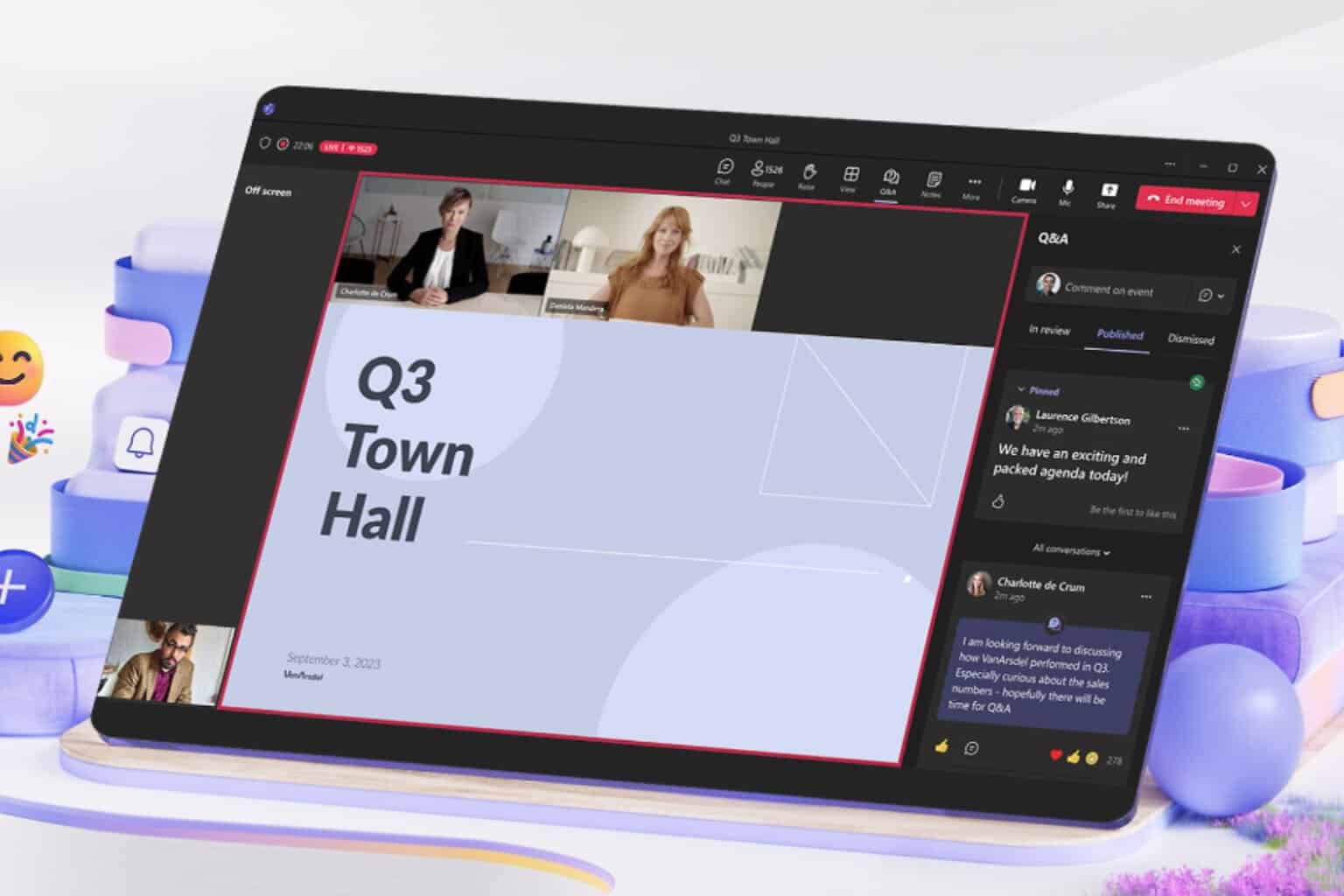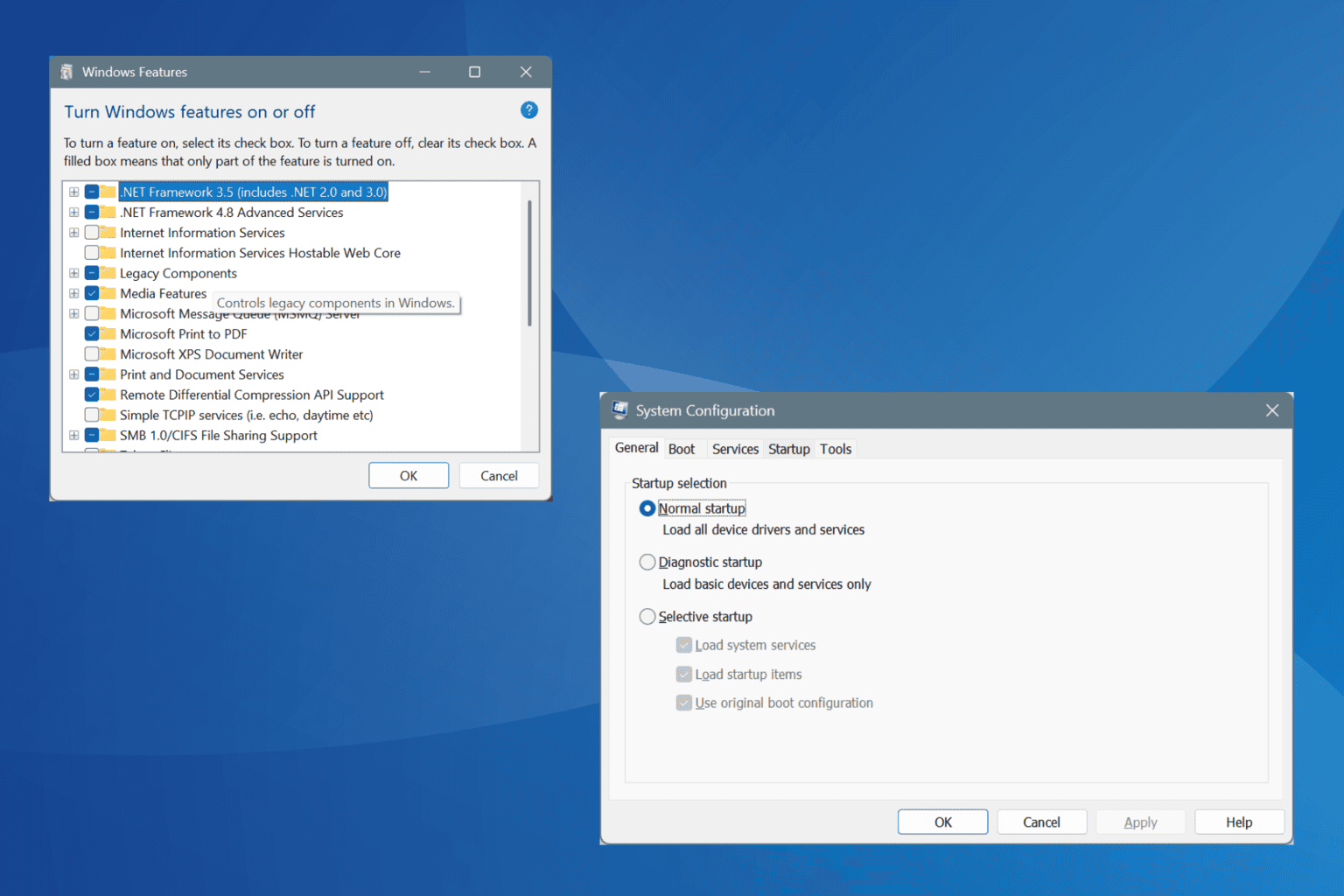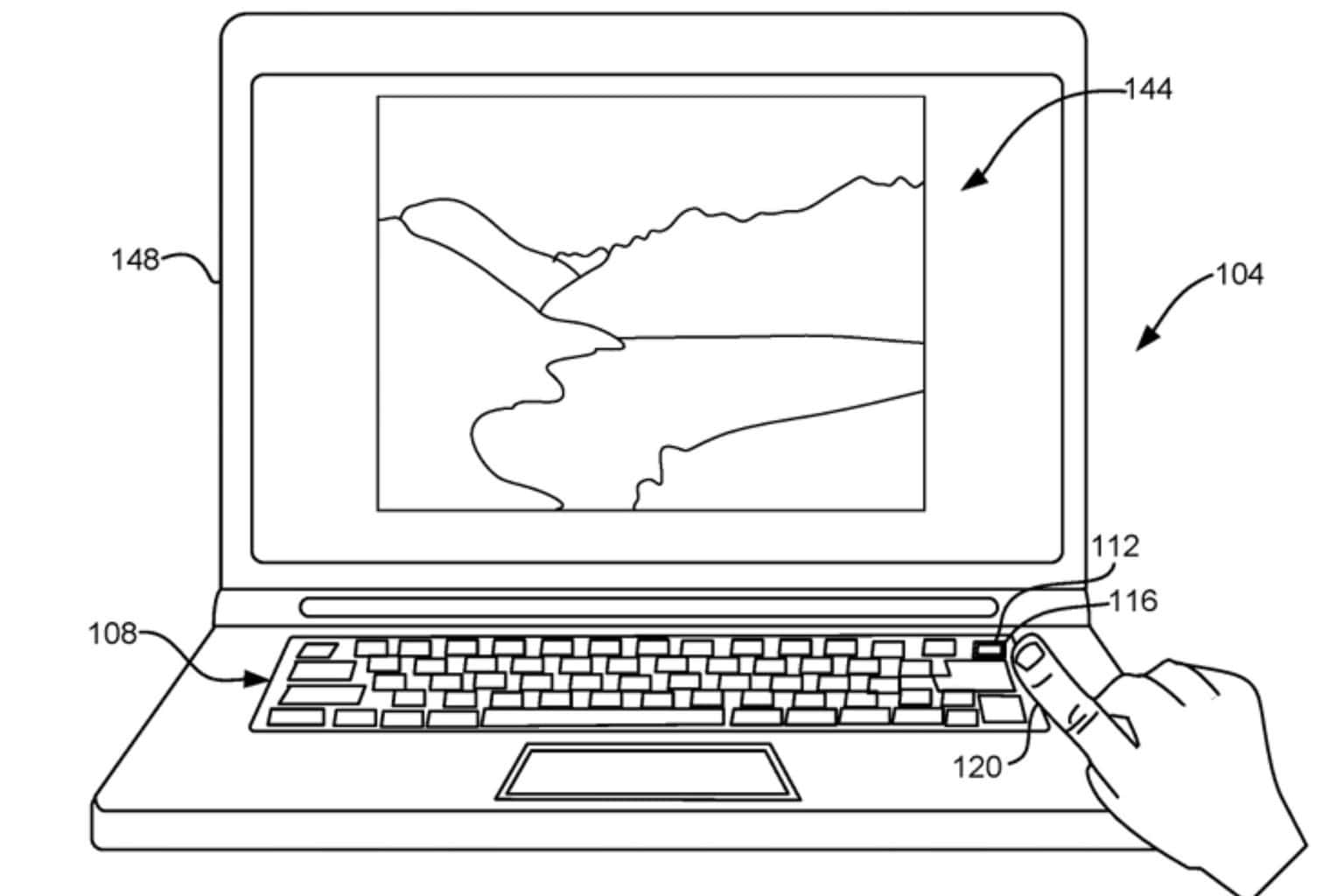Windows 10 will support only 64 bit, same as Windows 11
3 min. read
Updated on
Read our disclosure page to find out how can you help Windows Report sustain the editorial team. Read more
Key notes
- Microsoft didn't specify clearly that Windows 11 is not going to have a 32-bit version, hence the question.
- The new OS specifications require a 64-bit compatible processor so that can be a clue.
- According to a recent announcement, even Windows 10 will stop running 32-bit systems.

Windows 11 is definitely on everyone’s lips for good reasons that it’s running smoothly and it has a great design but also for its inherent bugs as an early build.
However, a new question arose on the Microsoft Community board: Are we going to see a 32-bit version of Windows 11?
As the question stirred a lot of debate, we’re going to make some documented assumptions ourselves and give you a proper answer.
Will there be a Windows 11 32-bit version?
Microsoft didn’t clearly specify that there’s not going to be a Windows 11 32-bit version but all the data shows that we’re not going to see such a thing.
We’re going to start from the Windows 11 requirements and they clearly stipulate that for running the new OS, you need a 64-bit capable processor.

However, that’s not proof that there’s not going to be a 32-bit version of Windows 11. You can perfectly run a 32-bit system on a 64-bit processor.
Next, 32-bit systems are obsolete. We can list only a few Linux distributions that still support the outdated architecture and MacOS crossed to the 64-bit camp a long time ago.
Even Windows 10 will only use 64-bit builds
Another important clue comes from the Windows 10 Requirements page that is clearly stating that Windows 10 will only use 64-bit builds:
Beginning with Windows 10, version 2004, all new Windows 10 systems will be required to use 64-bit builds and Microsoft will no longer release 32-bit builds for OEM distribution. This does not impact 32-bit customer systems that are manufactured with earlier versions of Windows 10; Microsoft remains committed to providing feature and security updates on these devices, including continued 32-bit media availability in non-OEM channels to support various upgrade installation scenarios.
So, not even the soon-to-be expired OS will be available in its 32-bit form so we don’t expect to be otherwise with Windows 11.
However, there’s absolutely no reason to believe that you won’t be able to run 32-bit applications on your 64-bit system.
And another question can push through: How will users running a Windows 10 32-bit version be able to upgrade to a Windows 11 system?
The answer here is pretty simple: They won’t be able to do that unless their computer meets the requirements.
But if you are running a 32-bit system because your processor is not 64-bit compatible, you will clearly not be able to upgrade to Windows 11.
Do you have any other questions or you just want to discuss the subject, leave a comment below.








User forum
0 messages